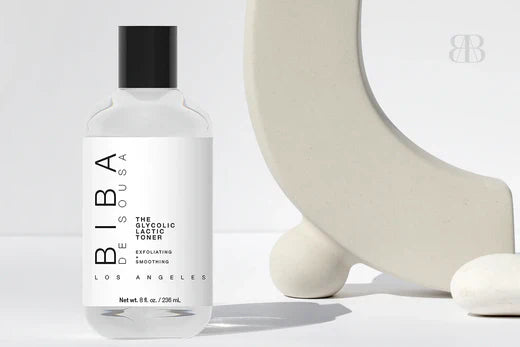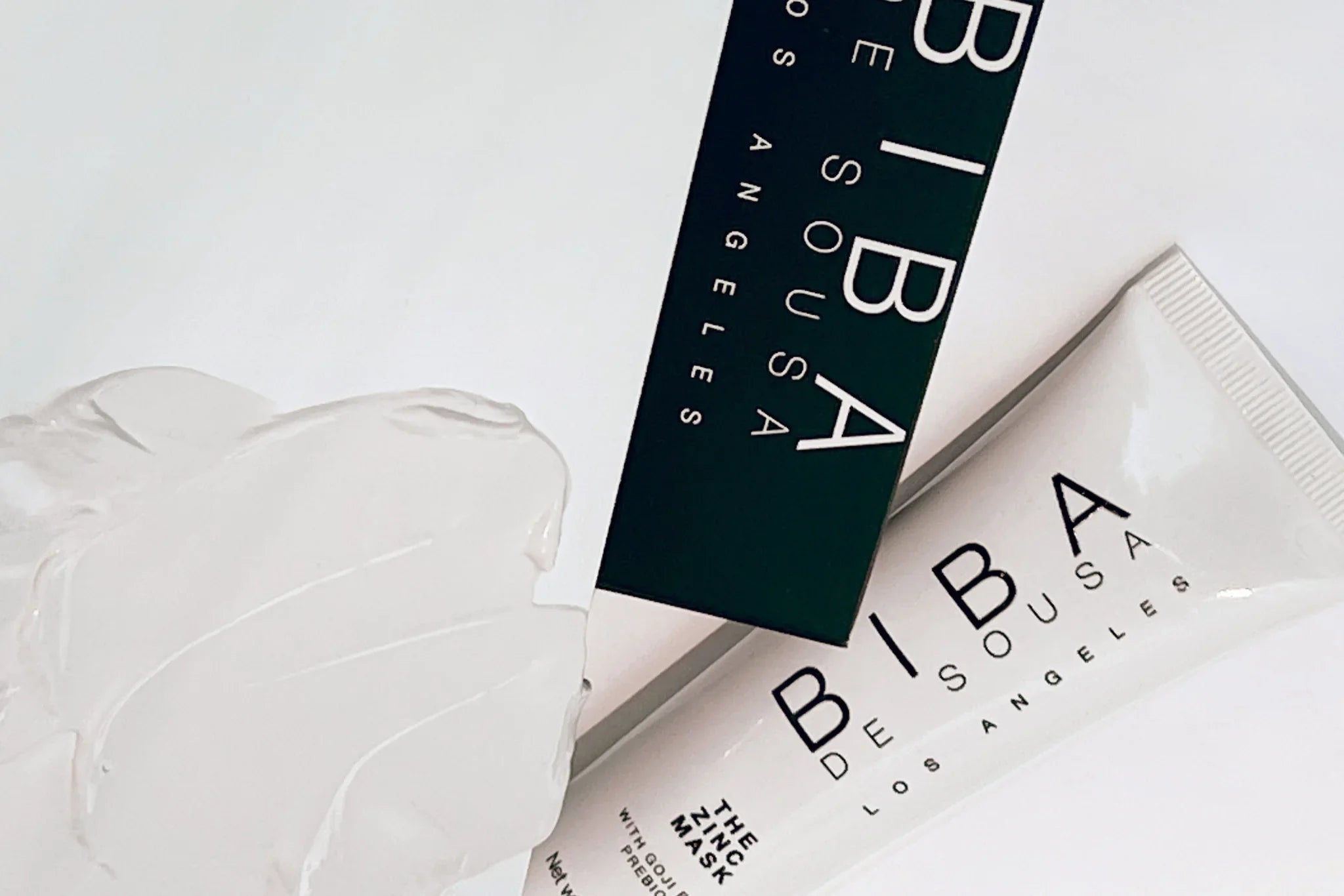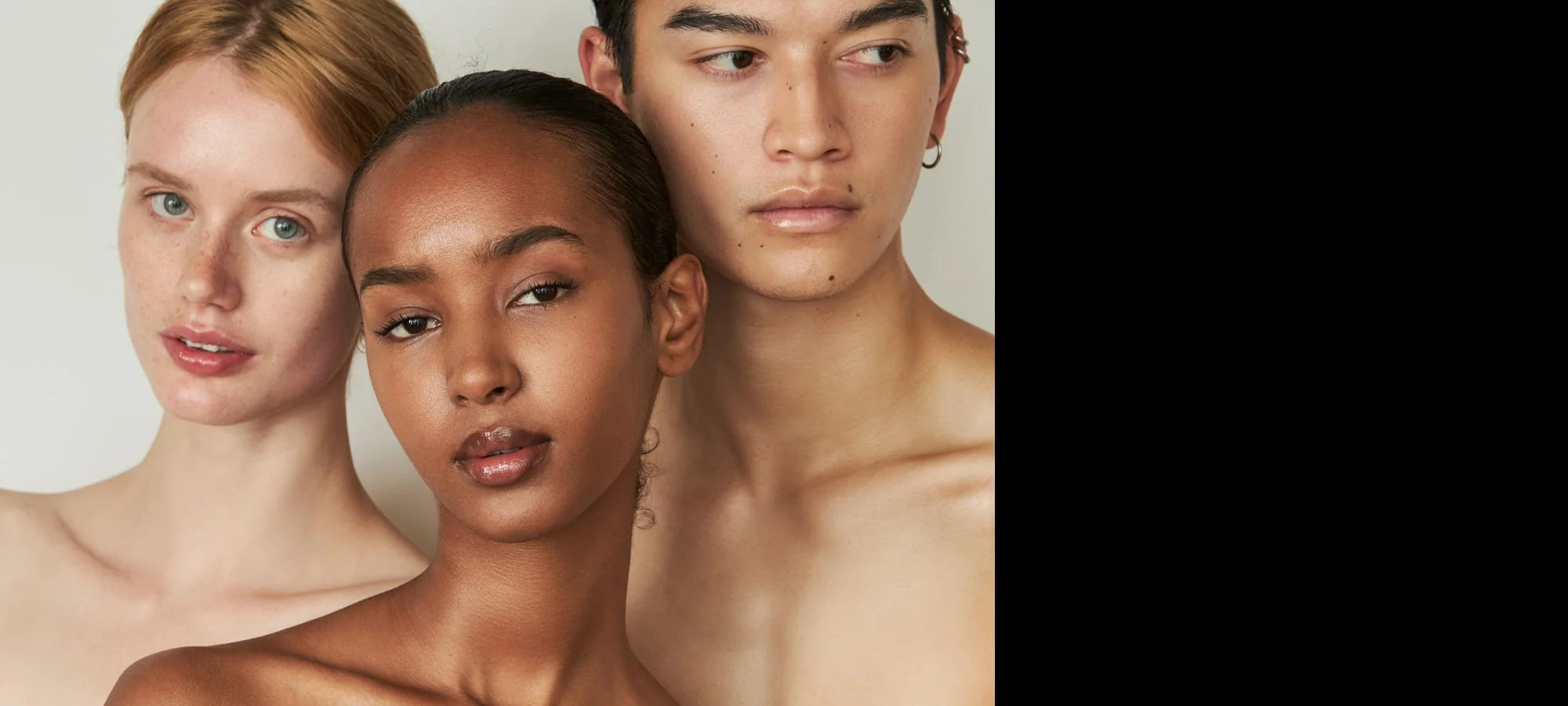Adequate hydration is essential for healthy skin. It helps to maintain the skin's elasticity, plumpness, and overall radiant appearance. There are, however, several factors that can affect the skin's hydration levels, including environmental factors such as sun exposure, wind, and dry air, as well as lifestyle factors like diet, exercise, medications, and water intake.
It is important to understand that skin hydration cannot exist without skin moisturizing because of our microbiome’s effect on the skin barrier. Our unique microbiome contains a vast array of microorganisms that feed on oils and require water for their existence. Without proper hydration and moisturizing, we diminish the beneficial micro-organisms in our microbiome which in effect leaves our skin barrier vulnerable and sensitive, prone to irritation, infections, hyperpigmentation, and accelerated or premature aging.
The weakening of the microbiome is also a natural part of our body's aging. When oil gland activity decreases, it is more important than ever to apply occlusive products on the face, body, and hair to protect them from dehydration.
Now let’s explore the most common myths about skin hydration:
1. Drinking 8 glasses of water a day keeps your skin hydrated.
Water drinking is essential for life as roughly 60% of our body is water. Skin is the last organ to receive water, as the water first gets absorbed by vital organs. Eight glasses of water is merely 32 ounces and that is about half or a third of what an average-sized adult should intake a day and it is not enough. Being well hydrated will have a positive visible effect on the skin - the surface will feel more supple and luminous and less dull, blotchy, and red.
2. Your skin only needs oil serum for hydration.
Let’s make the distinction between “Hydration” from “Moisturizing”.
Hydration is the amount of water in the skin, or the process of maintaining or increasing the water content in the skin by absorption of moisture (via hydration, humectants) that will either be absorbed by skin cells or will improve the skin’s ability to absorb the moisture.
Moisturizing is the act of applying a product that will lock the moisture in and prevent water from evaporating from the skin - TEWL. A moisturizer should contain both oils and hydrators. I saw adverse results from the use of oil serums alone on the skin, because of the non-existent hydrating/humectant components. This optimal is to use a cream or lotion, depending on the skin type, that contains oil or other moisturizing ingredients such as beeswax and ceramides, for example, and hydrators that work together to hydrate and moisturize the skin.
3. A light moisturizer is fine during the day.
This largely depends on the skin type and your environment. If you are exposed to very dry, cold weather you would need to apply a thick moisturizer. If you are in hot, humid weather, the light moisturizer should be fine. If you are oily, a light coat of moisturizer is fine on normal days, but if you are dry or dehydrated then you should ramp up with a thicker layer that will prevent TEWL.
4. If a moisturizer or serum is sticky you shouldn't wear it.
The stickiness in a moisturizer is reduced if it is applied on a wet skin surface (right after applying toner and serum). However, if it is so sticky that it pills and it doesn’t absorb, this is usually a sign that it is a product that is not well formulated and there is too much powder in the formula.
5. Hyaluronic acid is the best hydrator you can use.
HA is a wonderful humectant, but it is not a hydrator. It contributes to hydration. So far, it’s the best humectant that we know about, but it is not enough. In my experience, HA serums deliver the results in formulas that have multiple HA weights, hydrators, moisturizers and additional humectants.
6. Dehydration is often mistaken for dry or firm skin.
This is one of the most common statements new clients would say - that they have dry skin when they are merely dehydrated. Dehydrated skin lacks water content. Dry skin lacks oil production. There are many ways the skin becomes dehydrated…by moisturizing with oil only, using inadequate moisturizer, overwashing - stripping epidermal oils, as a result, people often think that the skin is firm when it, in fact, becoming leathered.
SHOP OUR HYDRATION COLLECTION
The Ultimate Collection of Hydrating & Skin Barrier Protecting Formulas





